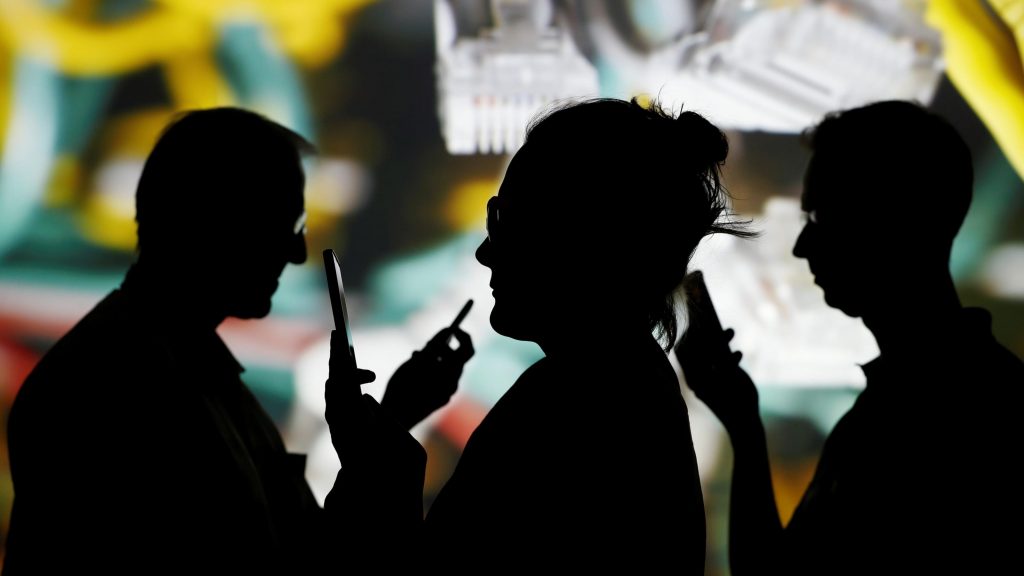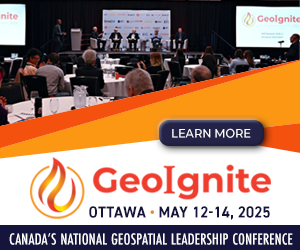Your International Geospatial Briefing for December 2nd: Can Smart Cities Help You Without Compromising Privacy?; Surveying with Advanced Laser Scanning; Weather Agencies Object to 5G; Campus Work Begins for National Geospatial Intelligence Agency
Can Smart Cities Help You Without Compromising Privacy?
Smart cities are built on data. Whether it is street sensors, heated sidewalks, lighting or emergency services, each aspect is developed around the data collected about the behavior of the local demographic. The potential issue lies around the ethical use of personal data. On the one hand, there is the incomparable fact that its information can benefit the development, but at what cost? Is there a way to benefit from data without sacrificing privacy?

The formed Ontario privacy commissioner, Anne Cavoukian, discusses the dramatic reduction in privacy violation when data collection becomes “de-itentified”. The pro is the anonymity it brings, but it’s that exact anonymity that strips the data from some of its most valuable information.
The bigger issue at hand is the lack of governance. There is no “silver bullet” solution, and proper legislation must be established prior, not following a privacy breach.
Can smart cities help their residents without hurting their privacy?
Surveying with Advanced Laser Scanning
Theotech Project Services is a leading land surveying company from India. Over the last twenty years, the company has assigned dedicated professionals to work on an assortment of projects involving the topographical and route aligned surveys for everything from highways and gas pipelines, to airports.
As time passes, Theotech is always looking to improve and grow. Within the last five years, the team has looked into expanding its services to construction management. More specifically, laser scanning technology to better capture the measurements of objects such as buildings. This technology would have the capability of capturing 967,000 points per second at a ±1mm accuracy. The use of this technology has marked many improvements. One of the company founders had this to say: “We are very impressed [at] the high level of precision and detail and also how little time and effort is required to obtain the scans. I would say this is 300% better than conventional methods and the data quality is four times better than what we get with mobile LiDAR surveying. Ever since the switch, our customers have been extremely pleased with the data quality and our timely delivery”.
Advanced laser scanning solution for better surveying.
Weather Agencies Object to 5G
Recently, at the World Radiocommunication Conference, it was announced that 5G technologies were to operate in four areas of the radio frequency spectrum (from 24.25 to 27.5GHz). The concern from meteorologists lies in the fact that the band could “interfere with the ability of passive microwave sensors on weather satellites to detect atmospheric water vapor by observing faint signals emitted from 23.6 to 24 GHz”. This could severely interfere with weather observations.

Due to this concern, the World Radiocommunications Conference delegates announced the 5G equipment would only operate from 24.25-27.5GHz in order to try to limit the strength of the signal. This rule still displays a few risks according to the WMO, such as that “5G could roll-out more quickly than initially anticipated, creating an unregulated increase in interference in the 24 GHz”.
International weather agencies object to 5G spectrum decision
Campus Work Begins for National Geospatial Intelligence Agency
The National Geospatial Intelligence Agency is breaking ground on a $1.7 billion campus in St. Louis on Tuesday December 2nd, 2019. The campus site is 97-acres in size.
The U.S. Federal Government announced the project 4 years ago with the decision to remain in the urban core to attract better talent to the National Geospatial Intelligence Agency Campus.




